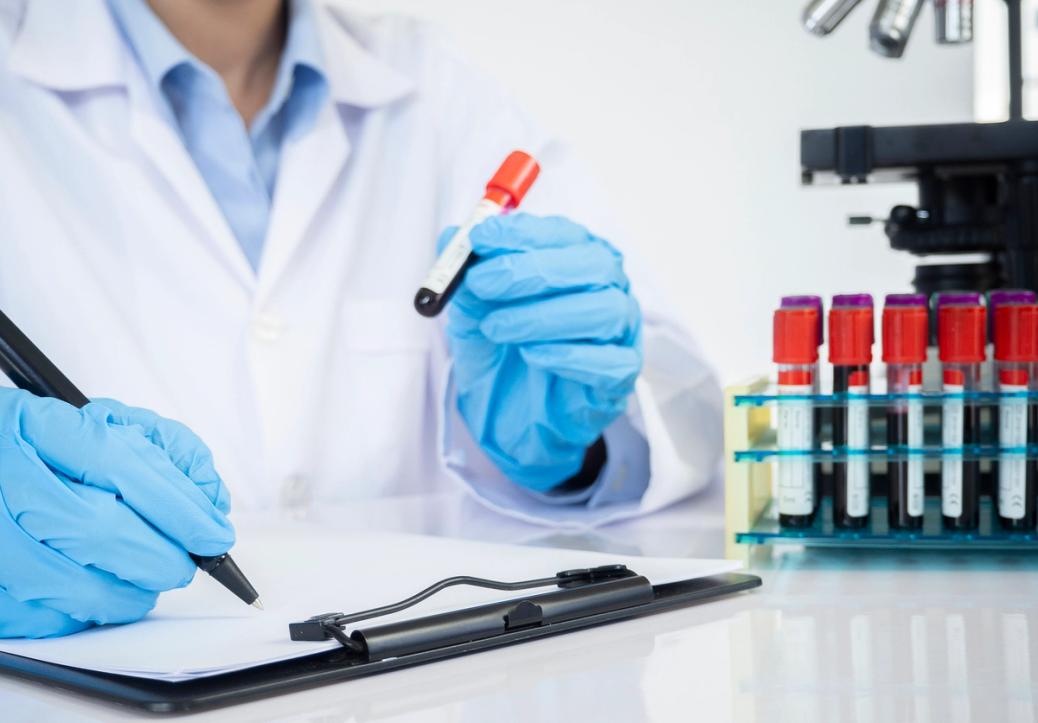question
what types of blood tests help detect any side effects of arthritis treatment?
Blood tests play a crucial role in monitoring the effects of arthritis treatments, particularly in detecting potential side effects. Here’s a breakdown of how these tests are used in this context, based on the information in my sources.
Purpose of Blood Tests in Arthritis Treatment
-
Monitoring Disease Severity and Treatment Response:
- Blood tests help assess how well your arthritis is responding to the medications you are taking. This is vital for adjusting treatment plans as necessary.
-
Checking for Side Effects:
- Some side effects from arthritis medications may not present obvious symptoms until significant damage has occurred. Regular blood tests can help identify these issues early.
Common Blood Tests Used
Here are some specific blood tests that may be ordered to monitor for side effects and overall health during arthritis treatment:
-
Erythrocyte Sedimentation Rate (ESR):
- This test measures inflammation levels in the body. A high ESR can indicate increased inflammation, which may suggest that the current treatment is not effective or that the disease is worsening.
-
C-Reactive Protein (CRP):
- Similar to the ESR, the CRP test measures inflammation. An increase in CRP levels can indicate an acute infection or inflammation, prompting further investigation into the effectiveness of treatment.
-
Rheumatoid Factor (RF):
- While primarily used to help diagnose rheumatoid arthritis, monitoring RF levels can also provide insights into disease activity and treatment response.
-
Anti-Cyclic Citrullinated Peptide Antibody (Anti-CCP):
- This test is particularly useful in diagnosing rheumatoid arthritis and can also help monitor disease progression and treatment effectiveness.
-
Antinuclear Antibody (ANA):
- This test screens for autoimmune disorders. A positive result may indicate an autoimmune response, which could be a side effect of certain treatments.
-
HLA Typing:
- This test looks for genetic markers associated with increased risk for certain types of arthritis. While not directly related to side effects, it can provide context for treatment decisions.
Importance of Regular Monitoring
Regular blood tests are essential for:
-
Early Detection:
- Identifying potential side effects before they become serious issues can significantly improve patient outcomes.
-
Tailoring Treatment:
- Results from these tests can guide healthcare professionals in adjusting medications or dosages to better suit individual needs.
Consultation with Healthcare Professionals
It’s important to discuss your blood test results with your doctor or rheumatologist. They can provide insights into what the results mean for your specific situation and whether any changes to your treatment plan are necessary.
Conclusion
In summary, blood tests are a vital tool in managing arthritis treatment, helping to monitor disease activity and detect side effects early. If you have concerns about your treatment or the need for blood tests, please consult your healthcare professional for personalised advice.
This information is not a substitute for professional medical advice, diagnosis or treatment. Always consult a registered healthcare professional about matters that affect your health. Clara uses artificial intelligence to generate general information for personal educational purposes only, not intended to be a management plan and it may contain errors, inaccuracies or may oversimplify concepts.














